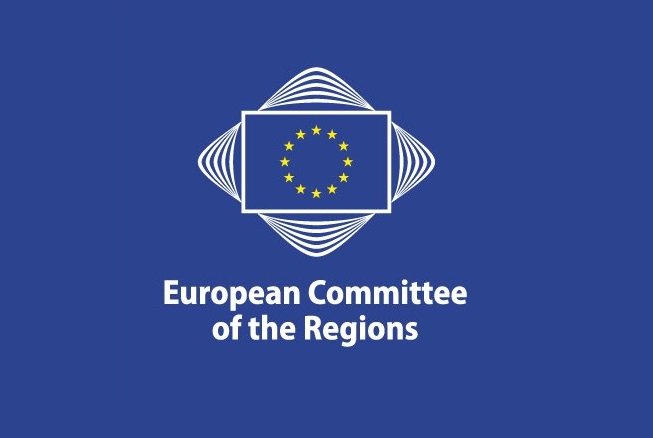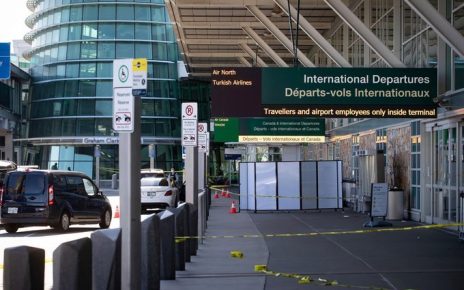Members of the COTER commission emphasized the need to improve both connectivity and sustainability within the transport sector of the European Union
- Many EU regional airports have found themselves in serious economic difficulties
- Intra-European air traffic is down by 54% in 2020 due to COVID-19 pandemic
- European citizens rely on regional airports for a plethora of reasons
The European Committee of the Region’s (CoR) commission for Territorial Cohesion Policy and EU Budget (COTER) adopted two draft opinions during its meeting on 23 April. The opinions cover the opportunities and challenges faced by regional airports and the smart mobility strategy of the EU. COTER members also appointed rapporteurs for three own-initiative opinions and the meeting concluded with the presentation of a study on the application of the partnership principle in cohesion policy programming.
With Intra-European air traffic down by 54% in 2020 compared to 2019 due to the pandemic, many regional airports have found themselves in serious economic difficulties. The importance of regional airports cannot be overstated, as European citizens rely on regional airports for a plethora of reasons, ranging from employment and their livelihood to connectivity to other regions. Connectivity also plays a major role in the opinion focusing on the smart mobility strategy of the EU which seeks to lay the foundations for achieving the EU’s green and digital transformation objectives within the European transport sector.
The first draft opinion adopted by the commission is titled The future of regional airports – opportunities and challenges. The rapporteur, Wladyslaw Ortyl (PL/ECR), president of the Podkarpackie region, said: “Regional airports play a crucial role for the territorial and economic cohesion of the EU – they provide connectivity for the regions they serve and are vital for economic growth. Without their presence, many companies would not invest in non-capital regions. The tourism sector also depends heavily on them. We need a more flexible state aid system to support the recovery of regional airports during and after the pandemic. In the opinion I prepared I also underline that the majority of European regional airports require assistance to be able to survive in the light of the current crisis.”
The second adopted draft opinion is on the sustainable and smart mobility strategy of the EU. Robert van Asten (NL/Renew Europe), Alderman of the municipality of The Hague and rapporteur of the draft opinion, said: “Local and regional authorities play a crucial role in the mobility transition linking the EU Green Deal and digital transition for a more sustainable and smarter mobility. The social and inclusive aspects are key components in my report, as the mobility transition also requires a behavioural change in which the user is central. The EU can help us better link connectivity, accessibility, and health, not just by financing, but also by ensuring standardization and harmonization of EU rules. We also need to take the Sustainable Urban Mobility Plans of the European Commission into account which can be an effective instrument for cooperation between different layers of government, but only if they are sufficiently flexible and match the challenges faced by cities and regions.”
The two draft opinions will be up for final discussion and adoption during the CoR’s Plenary session from 30 June to 2 July of this year.




